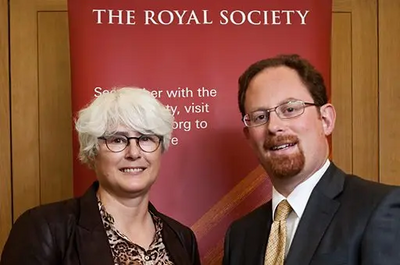Liberal Democrats Secure Billions of EU Research Funding for Small Businesses

MEPs voted today to approve the EU's new science programme, Horizon 2020, which will invest almost £60bn in research and innovation over the next seven years.
Fiona Hall, Leader of the UK Liberal Democrat MEPs and European industry spokesperson, commented:
"This is an exciting time for the research community and for businesses up and down the country. Liberal Democrats have ensured that over £2.3bn will be allocated to small, innovative businesses, which provide the key to creating new skilled jobs and rebalancing the economy. We also pushed for simpler rules to reduce administrative costs and make it easier for smaller firms to apply for funding."
"Our world-beating universities and research centres take part in more EU-funded research projects than any other country in Europe. This £60bn package will ensure that the UK remains at the forefront of developing the technologies of the future, from discovering cures to deadly diseases to pioneering new forms of low-cost, sustainable transport and energy."
Dr Julian Huppert, Liberal Democrat MP for Cambridge, added:
"Britain's future economy depends on innovation happening now. We are great beneficiaries from European research funding, which helps everything from blue skies research to translation.
"This decision will benefit us now and into the future, another great example of our gains from being in the EU. I am particularly pleased that small businesses will benefit - they are the dynamic powerhouses of our economy."
